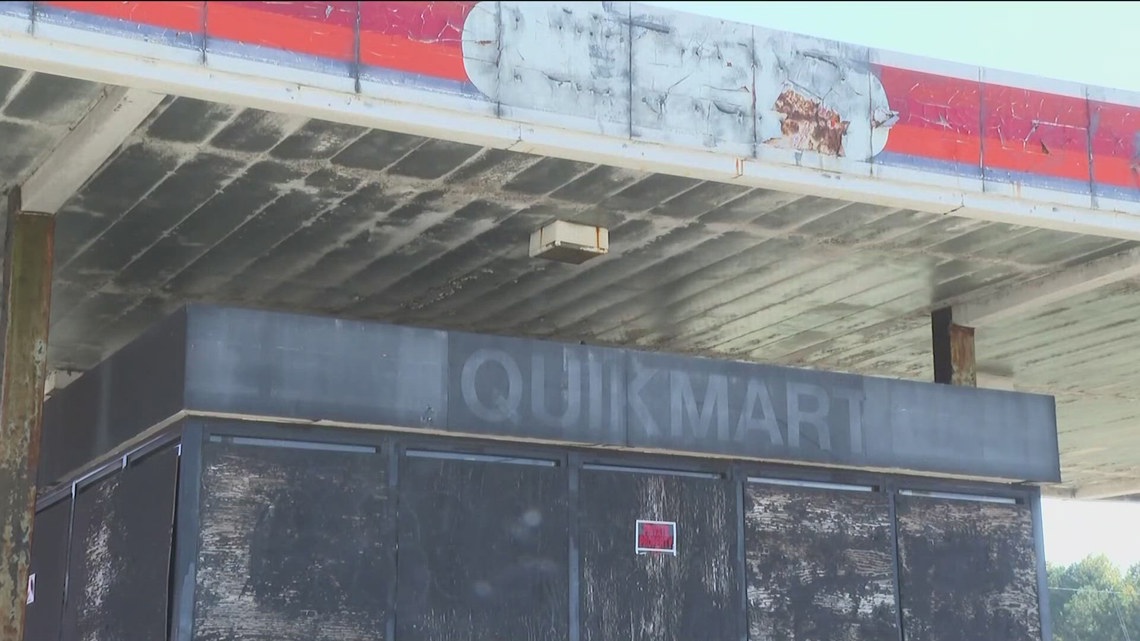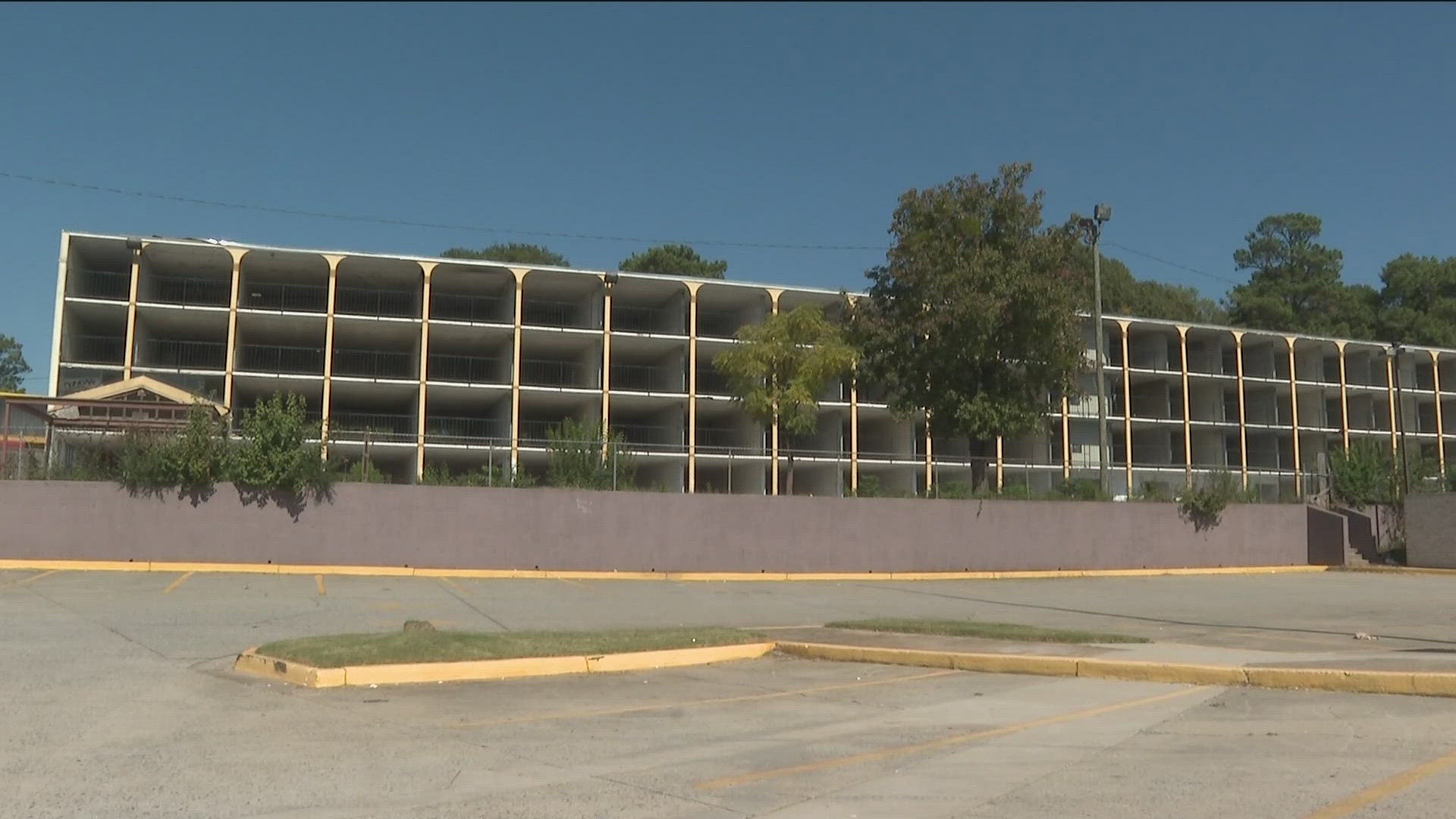CLAYTON COUNTY, Ga. — In an effort to crack down on eyesores in Clayton County, the board of commissioners passed an ordinance forcing owners of blighted properties to pay up for the community cleanup.
This ordinance is called the Community Improvement Tax, passed on Nov. 5. The program will go after owners of dilapidated residential or commercial properties by increasing their tax rate up to seven times the current rate.
Clayton County Vice Chair District 4 Commissioner DeMont Davis said owners will be cited first and then taken to court.
"What we are going to do is as code enforcement goes out and begins to cite these properties as they have been, we will take them through the proper channels," Davis stated.
According to the ordinance, a blighted property presents two or more criteria, such as it is uninhabitable, abandoned, has inadequate provisions for ventilation and more. It also should be conducive to "ill health, transmission of disease, infant mortality or crime in the immediate proximity of the property."
The first step to even begin the process of determining that a property is blighted is an inspection. The ordinance states that property will not be deemed blighted solely because of aesthetic conditions.
Once a property is officially identified as blighted, the increased ad valorem tax will be applied and reflected in the first tax bill following this designation. The money coming from the increased rate of ad valorem taxation will be used for community redevelopment purposes.


No property will be designated as blighted unless the county's magistrate court enters an order that finds the property in question meets the criteria. In that same order, it will list what must be done to remove the blighted condition designation and give the owner a deadline to finish the work.
In the meantime, businessman Timothy Vondell Jefferson told 11Alive he's tired of seeing buildings like the Magnolia Hotel on Old Dixie Highway sit abandoned.
"We’ve got too many absentee owners of properties that have never held themselves accountable. So we have to hold them accountable," Jefferson said.
Jefferson added that although this ordinance is an effort to hold property owners accountable, it doesn't go far enough.
"I think that's an embryonic phase because, at the end of the day, we have seven cities," Jefferson stated. "In order for this work, we must do an MOU (memorandum of understanding) and collaborate with the cities so we can be uniform across the county."
The ordinance went into effect immediately, but Davis said they would be fair in the process. The ordinance states that anyone aggrieved with the magistrate's order affirming the determination that a property is blighted may then appeal to the county's superior court within 30 days of the order.

